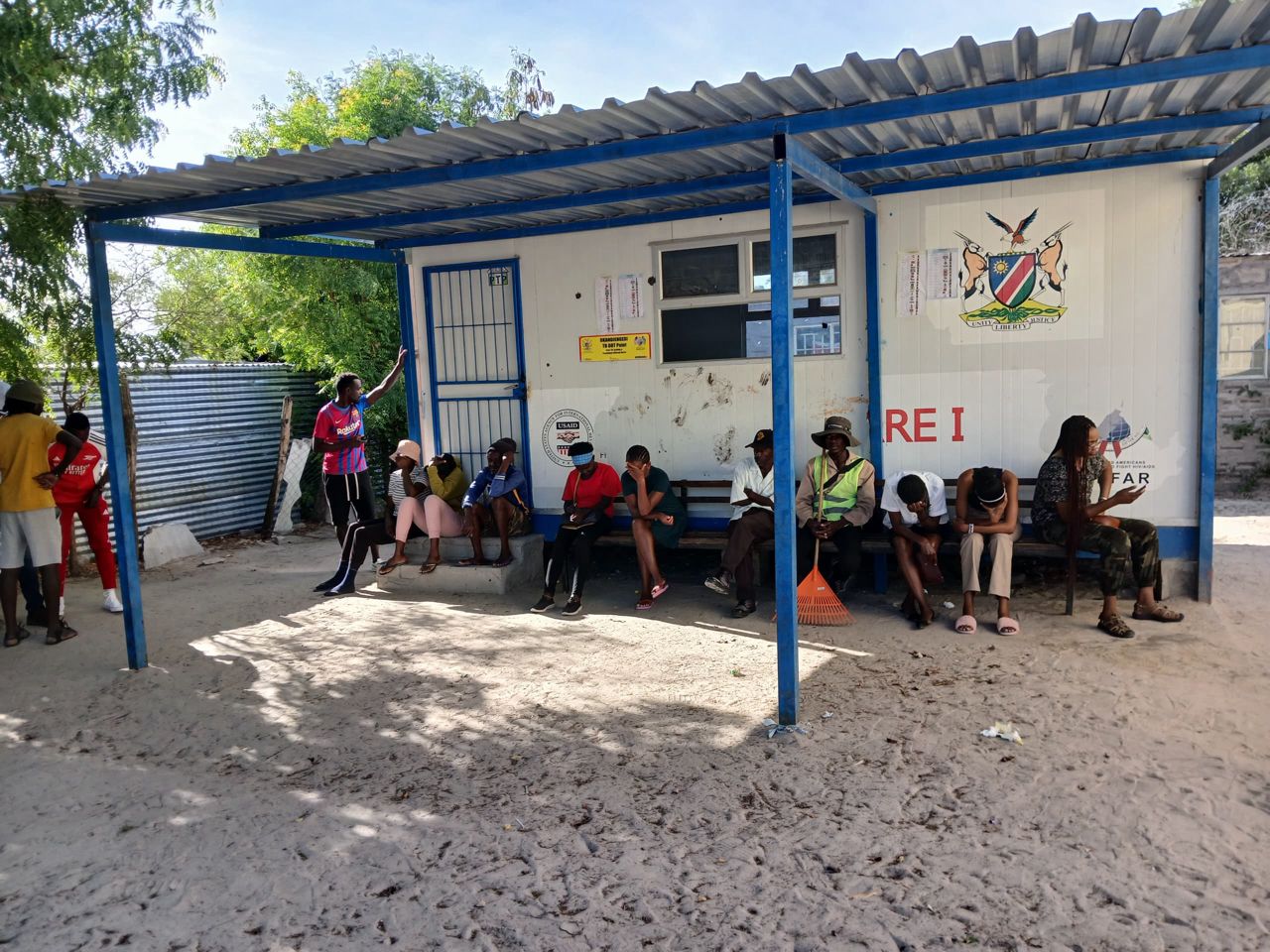DESPITE schools still dealing with utilities, president Hage Geingob committed to giving more access to digital technologies in the education sector.
The education ministry last week told parliamentarians that 33% of schools in the country do not have access to electricity, while 77% of schools do not have access to continuous information communications technologies (ICT).
“Namibia is committed to transformative leadership, ensuring access to inclusive digital technologies and developing a strategy for innovative financing and resource mobilisation,” Geingob said while speaking at the United Nations General Assembly on Wednesday evening.
Director within the education ministry Patrick Simalumba said the government needs to maintain, repair and upgrade existing ICT infrastructure at schools with connectivity.
“There are cost differences in Wi-Fi connectivity between suppliers and pricing between new and old installations (schools with/without connectivity),” he said about the current ICT situation within schools.
He stressed that budgeting for new technologies and hardware is essential for schools to have access to proper ICT education.
Currently, financing within the sector is not easy to obtain.
However, the president said the government will also look at innovative financing, which was one of the main points dealt with during the recently ended education summit.
“The Namibian government offers free primary and secondary education,which demonstrates our commitment to prioritising and expanding access to education for all,” Geingob said.
“Over the past few months, it has been encouraging to note the concerted efforts to shed a spotlight on transforming education and advancing SDG 4.
Education is a sector that Namibia has consistently prioritised through the allocation of resources, both human and financial, and the consistent prioritisation of policy development,” he said.
Education specialist at the United Nations Abhiyan Rana and the regional heritage officer in the education ministry, Agnes Shiningayamwe, both reiterated that the current funding model within the sector is inadequate.
The consensus was that there’s low investment in pre-primary and early grade education, meaning a weak foundation is laid which will likely lead to poor outcomes in later learning and schooling.
However, unions in the past have said the government is not focused on the day-to-day struggles of pupils and teachers.
The Teachers Union of Namibia secretary general Mahongora Kavihuha said the country has an overcrowding of classrooms, and government policy that is not talking to the curriculum.
“The staffing norms, with the number of learners vs the numbers of teachers do not take the curriculum or the subjects at the school into consideration,” he said.
In Namibia’s road to the fourth Industrial Revolution (4IR), Geingob said the country lends itself greatly to changing Namibia’s digital transformation landscape and narrowing digital divide
“We are proud of the recent landing of the Google Equiano subsea cable… in line with our commitment to leverage the 4IR,” Geingob said.
The government is currently developing a consolidated national 4IR strategy to provide overarching direction and multi-sectoral planning.
“The strategy will prioritise education reform to close the 4IR skills gap, cybersecurity and the expansion of ICT infrastructure and services,” he said.
This was one of the recommendations from the presidential 4IR task force.
Stay informed with The Namibian – your source for credible journalism. Get in-depth reporting and opinions for
only N$85 a month. Invest in journalism, invest in democracy –
Subscribe Now!






